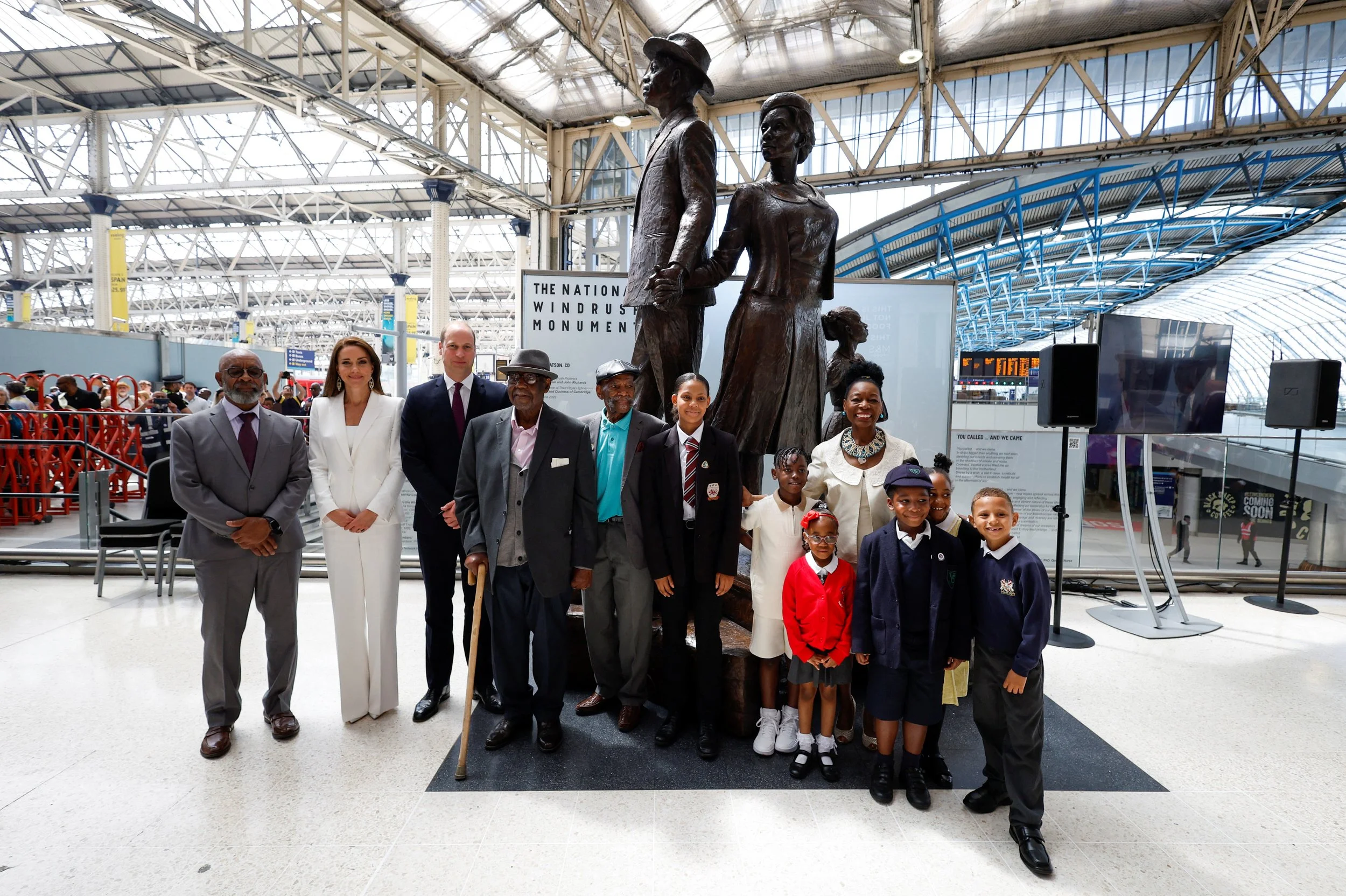What is English etiquette anyway?
Imagine for a moment you were invited to the coronation of King Charles III. What would you wear? What would you say? How would you behave?
Such high-society gatherings have long been codified by etiquette – but what is etiquette? To many, it's a social minefield with potentially devastating consequences – wearing the wrong hat, using the wrong cutlery.
But it's also a way of living, based upon chivalry and kindliness, intended to make life in polite society better for all involved. To mark the coronation, CGTN Europe spoke to someone in the know – to find out everything you always wanted to know about etiquette, but were afraid to ask.
Definitively, etiquette is a set of personal-behavior norms or expectations. French for "little cards," the word is believed to have been popularized at the court of Louis XIV via the eponymous notes left around Versailles, dictating expected behavior – such as not loafing about on the king's lawn.
In outlining what is acceptable (or not) in any given circumstance, etiquette has grown to become a moral code – and it's this way of life that Yvette Jelfs, a bespoke hat designer and expert in etiquette, believes can help us all improve the world.
"Etiquette encompasses so many different things," Jelfs tells CGTN. "It's not just social etiquette for having a dinner party or business etiquette – it's all about being the very best version of yourself, thinking about other people before yourself, behaving properly and in a way that you'd want to be treated yourself."
Some of those behaviors might seem old-fashioned to some, but they originate from kindliness.
"It's like a gentleman opening a door for you if you're about to walk through," suggests Jelfs. "It's about hosting a dinner party and making sure that all your guests are looked after and they've been looked after properly in the manner that you would like to do. It would be the same as dressing up and making sure that you look your best. It's all about giving your best version of yourself."
What to do at a social event
So what should you do if you find yourself at an event and feeling nervous? Jelfs' first piece of advice may be the last thing you want to do – but without it, you're in for a long lonely evening.
"It's always important to talk to people," she insists. But remember that talking is a two-way street, so you should provide what Adam Mastroianni, a communications expert at the Columbia Business School, has called "conversational doorknobs" – opportunities for discussion to unfold. If that sounds complicated, Jelfs suggests one of the easiest things we can all ask, if we're genuinely interested in the answer.
"Like my grandmother would always say, 'How do you do?'," she recalls. "It's a question – 'How are you doing?' – so you've already got an answer to reply. It's about talking to people and being genuinely interested in their day as well, which is really important."
Dinner-party conversation might seem daunting – but it's as simple as talking and listening. /CFP
Jelfs insists that etiquette is not something we should just slip into for the odd formal occasion, like expensive but uncomfortable clothes. On the contrary, she says, at its best it's a lifelong commitment which improves everyone's feelings.
"Etiquette should be day to day. You should always be looking at other people and making their day a better day, because that's what etiquette is all about. And if you're making someone else's day a better day, then you feel good in yourself as well."
Changing times
Etiquette does, however, have something of an image problem. Put bluntly, isn't knowing the difference between a morning suit and a lounge suit, or which fork to use with which dinner course, merely a mark of privilege? Perhaps surprisingly, Jelfs agrees – at least, that it was to begin with.
"Well, it's a bit about your social standing – or it would have been originally," she says. "It would have been taught in schools, and if you came from a moneyed family, then you were taught from a young age how to look after other people."
However, times move on, and while Jelfs is adamant that etiquette is not just for the upper class, she fears it is on the wane – citing the disappearance of a particularly iconic item of headwear.
"You can't actually buy an English top hat now – the silk ones," she says. "It's things like that which are dying and it's trying to keep it alive and keeping heritage and culture alive."
And it's not just the millinery going missing. Some of the behaviors she endorses are now seen as undesirable.
"Unfortunately, it's changed quite a lot and probably not for the best," she says. "It's things that have changed, like women don't actually like men opening doors for them because they want to have equality."
Obviously Jelfs isn't against that, but argues that different societies treat people in varying ways.
"I actually think that Chinese mannerisms are better than the Westerners' at the moment. In China, if you're working in a business environment as a woman, you can grow and reach the top quite quickly, whereas in England it's very difficult. So women want to dress like men rather than women in order to try and get into that sort of area."
Originally published by CGTN Europe, 7 May 2023





